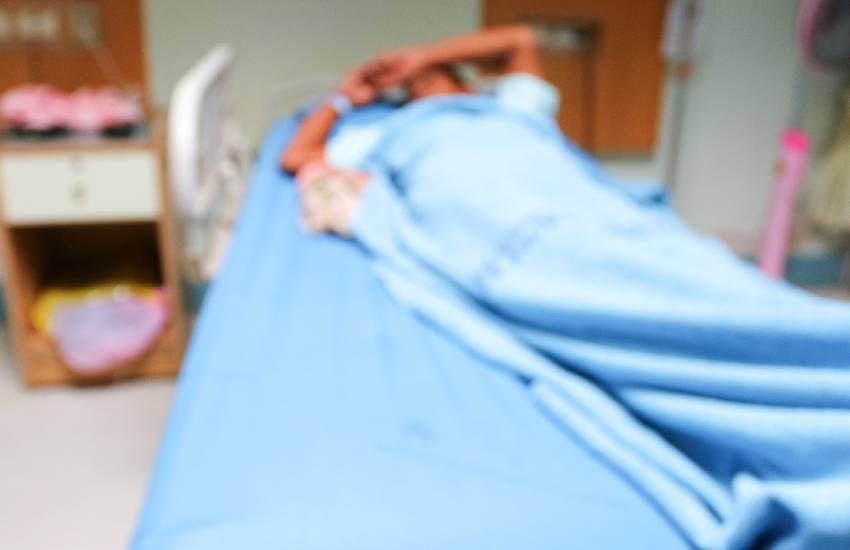
You must have been invited to an emergency medical harambee. It could have been either a patient detained in hospital over escalating unpaid bills or a loved one who died but burial plans put on hold over bills. Some bills run into millions of shillings pushing many families into financial destitution besides the stress that comes with a detained patient.
And while the World Health Organisation (WHO) has warned states against detention of patients and bodies over unpaid hospital bills as it contravenes human rights laws, a High Court judge in Kenya ruled that it is unconstitutional and thus illegal.
In October 2018, Judge Wilfred Okwany ruled that while hospitals have a right to demand for payment, detaining patients was an infringement to freedom of movement and other fundamental rights enshrined in the Constitution and the Universal Declaration of Human Rights.
Okwany was ruling in case where Gideon Kilundo had sued a city hospital for detaining Daniel Kilundo Mwenga over Sh1 million medical bill.
The WHO report titled Ending hospital detention for non-payment of bills: Legal and health financing policy, states that detention of patients and bodies occur in middle-income countries mostly in Sub-Saharan Africa and a few in Asia.
The detention varies from days to months and years, with patients locked in a room or handcuffed to a bed from where they rely on their families when not begging for food.
Access to medical care is part of a journey towards Universal Health Coverage (UHC) of which Kenya is part and indeed, forms one of the government’s Big Four Agenda.
According to Kenya National Human Rights Commission officer Koome Miriti, many health facilities are guilty of contravening basic human rights when they detain patients and bodies over unpaid bills. Most are placed under 24-hour security surveillance in isolated rooms.
The WHO reported patients suffering abusive and degrading treatment during detention, including sexual abuse and psychological harm. Women, in particular, have been pressured to have sex with hospital staff in exchange for cash to pay bills.
WHO notes that besides psychological trauma, “hospital detention has serious ramifications from a clinical viewpoint. It negatively impacts on the physical and or mental health of detainees by exposing them to hazards in overcrowded hospitals with increased risk of infection”.
WHO blames the detention of patients on deficits in the legal system and weaknesses in the health financing systems. These include weak revenue raising, pooling and purchase arrangements, inadequate funding of health providers and inadequate user fee exemption besides overall budget constraints, which see patients paying out of pocket.
To end detention of patients and bodies, UHC needs to be entrenched in domestic laws via national legislation and reviewing health insurance schemes to create a specific fund to cover high-cost treatment. But WHO also advises that “patients have to be aware of benefit entitlements, co-payment requirements and exemption policies”. Currently, only 20 per cent of 50 million Kenyans have the National Health Insurance Fund cover, according to the Ministry of Health.
 The Standard Group Plc is a multi-media organization with investments in media
platforms spanning newspaper print
operations, television, radio broadcasting, digital and online services. The
Standard Group is recognized as a
leading multi-media house in Kenya with a key influence in matters of national
and international interest.
The Standard Group Plc is a multi-media organization with investments in media
platforms spanning newspaper print
operations, television, radio broadcasting, digital and online services. The
Standard Group is recognized as a
leading multi-media house in Kenya with a key influence in matters of national
and international interest.











